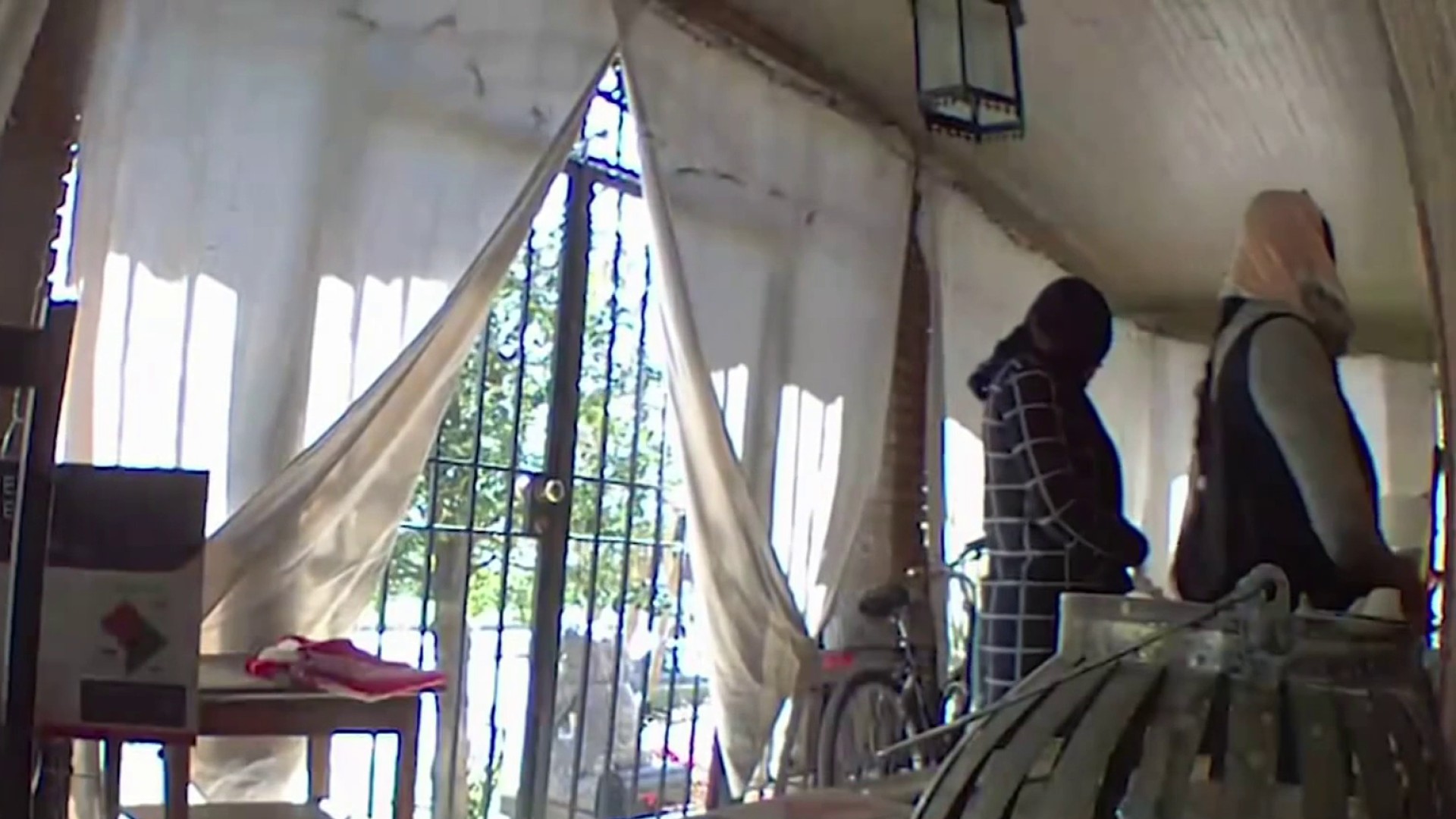Did you get used to the warm temperatures and sunny skies this week? We did too.
But it couldn't last forever, right? Right.
Sigh.
Today, the clouds rolled in. Weather patterns changed from warm and sunny to wet and stormy, said NBC Washington meteorologist Tom Kierein.
Some morning rain was the beginning of several straight days with a chance of passing showers beginning extending into mid-week next week. And we're not going to see much sun until perhaps Sunday morning -- and even that is just for a brief time.
The pattern looks to be locked in place all the way through next Wednesday, and the total amounts of rainfall between now and then may exceed two inches.
Over the weekend, there is an increased chance of afternoon thunderstorms Saturday and Sunday. Some of those storms could produce some brief heavy downpours.
Local
Washington, D.C., Maryland and Virginia local news, events and information
But there is only a very small chance of severe weather that could produce some wind damage during the afternoons, Kierein said.
Meteorologist Doug Kammerer said don't cancel any plans this weekend, but take an umbrella with you.
There is some hope we'll go back to a dry period at the end of next week and into next weekend.
One positive we can take from all of this upcoming rain: The pollen will be washed out of the air, which will improve conditions for allergy sufferers.
And it couldn't come at a better time for those of us sniffling and sneezing our way through life.
Heavy snow and rain in some parts of the country have nourished a profusion of tree pollen, while a sudden shift to warm, sunny weather has made its release more robust. Add in the wind, and the suffering skyrockets.
Warnings for a difficult season have come from allergy specialists from New York to Atlanta, Chicago to California.
Pollen counts and allergy attacks vary widely from region to region, locality to locality and day to day, and no one entity tracks the full complexity of their ups and downs across the country. This year, though, signs really do point to a particularly prickly season.
The latest pollen and mold report for the Washington region shows a high concentration for trees. The main culprits are birch, pine and hickory.
Dr. Joseph Leija, the allergist who performs the Gottlieb Allergy Count for the Midwest, said last month that tree pollen was unseasonably high in Chicago and predicted "one of the worst allergy seasons ever."
At Holy Name Medical Center in Hackensack, N.J., allergy director Dr. Theodore Falk told The Record newspaper that tree pollen "just exploded" last week because of a cool spring.
In Los Angeles, rain, a heat wave and the Santa Ana winds created an "allergy storm," Dr. Jacob Offenberger said in the Los Angeles Daily News in February. Around the same time, unseasonable warmth had Dr. Kevin Schaffer of the Atlanta Allergy and Asthma Clinic describing this year's pollen levels as "off the charts."
A sampling from the National Allergy Bureau's tracking website showed high pollen counts in several cities this week, including Albany and New York City, with their birch, oak and maple trees, and Oxford, Ala., where walnut, pine and willows are in bloom. The bureau is part of the American Academy of Allergy, Asthma and Immunology.
"It's been a very bad season so far. ... A lot of people suffering," said Dr. William Reisacher, director of the allergy center at New York-Presbyterian/Weill Cornell Medical Center in New York City.
"A lot of people who haven't suffered in previous years have come in for the first time in several years with symptoms," he said, noting that the Northeast's sudden change from cold, snowy winter to warm spring has worsened the situation.
Weather on the Web: Get the latest weather from NBCWashington.com anytime, anywhere:
- Latest News4 Forecast: Click Here
- Severe Weather Alerts: Click Here
- Weather Maps: Click Here
- Complete Weather Coverage: Click Here
Follow us on Twitter and Facebook. Sign up for our e-mail newsletters and get breaking news delivered right to your mobile phone -- just text DCBREAKING to 622339 to sign up. (Message and data rates may apply.)



